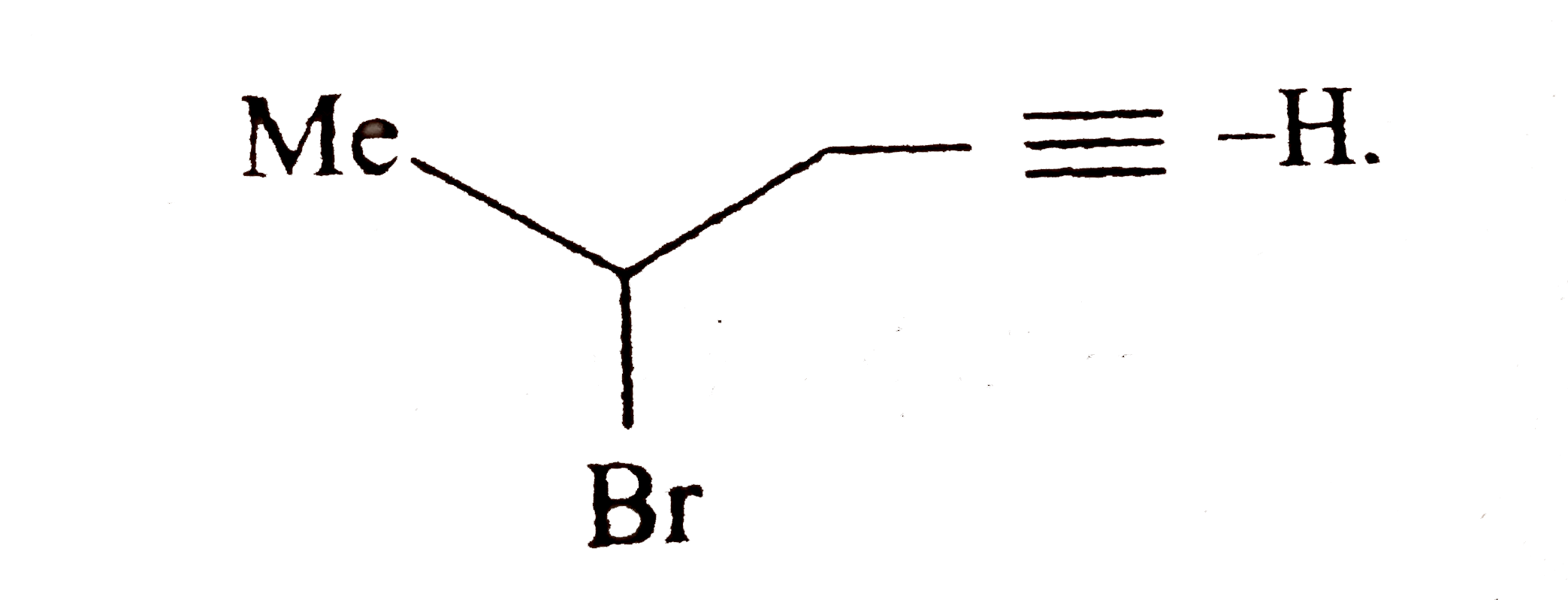Addition of on the double bond of propene yield isopropyl iodide and not propyl iodide as the major product. This is because the addition proceeds through
A more stable free radical
A more stable carbanion
A more stable carbonium ion
None of the above being a concerted reaction
The correct Answer is:C
Topper's Solved these Questions
- HYDROCARBONSBOOK - A2ZCHAPTER - HYDROCARBONSEXERCISE - Method of Preparation of Alkynes
59 Videos
- HYDROCARBONSBOOK - A2ZCHAPTER - HYDROCARBONSEXERCISE - Benzene
23 Videos
- HYDROCARBONSBOOK - A2ZCHAPTER - HYDROCARBONSEXERCISE - Chemical Properties Of Alkanes
97 Videos
- ENVIRONMENTAL CHEMISTRYBOOK - A2ZCHAPTER - ENVIRONMENTAL CHEMISTRYEXERCISE - Section D - Chapter End Test
30 Videos
- HYDROGENBOOK - A2ZCHAPTER - HYDROGENEXERCISE - Section D - Chapter End Test
30 Videos
Similar Questions
In presence of peroxides , the addition of HBr to propene occurs according to ______ rule and gives _____ as the major product but in absence of peroxides, addition occurs according ______ rule and gives _______ as the major product.
View SolutionExplain the following observation :
a. When pent −1 en −4− yneistrested with HBr in molar proportion, the addition takes place on the double bond and not on the triple bond, thereby, yielding the porduct ,

b. The (C=−C) bond length in propene is shorter than expected.
c. Whey benzyl carbocation is more stable than ethyl carbocation ?
d. Why does but −2− ene exhibit cis − trans isomerism but but −2− yne does not ?
e. CI2C=CCI2 does not add CI2 under usual conditions but adds in the presence of AICI3.
View Solution
Knowledge Check
Addition of HI on the double bond of propene yields isopropyl iodide and not n-propyl iodide as the major product. This is because the addition proceeds through:
AA more stable carbonium ionBA more stable carbanionCA more stable free radicalDNone of the above being a concerted reactionAddition of HI on the double bond of propene yields isopropyl iodide and not n-propyl iodide as the major product. This is because the addition proceeds through:
Aa more stable carbonium ionBa more stable carbanion ionCa more stable free radicalDnone of the above is a correct statementAddition of HI on double bond of propene yields iso-propyl iodide as major product. It is because the addition proceeds through
Amore stable carbocationBmore stable carbanionCmore stable free radicalDhomolysis
Methyl iodide and n-propyl iodide may be reacted with sodium metal to produce _____ organic products
View SolutionThe n-propyl iodide is heated with aq. KOH the product obtained is
View SolutionAccording to Markownikoff's rule, the major product formed by addition of HBr with propene is
View SolutionSolubility of iodine in water is greatly increased by the addition of iodide ions because of the formation of
View Solution Product
Product
Addition of a mineral acid to an olefin bond leads to major product, Identify it:
View Solution
